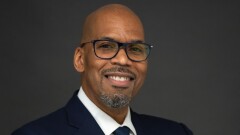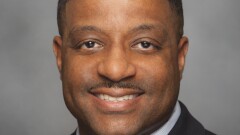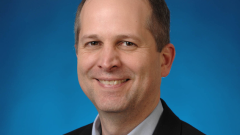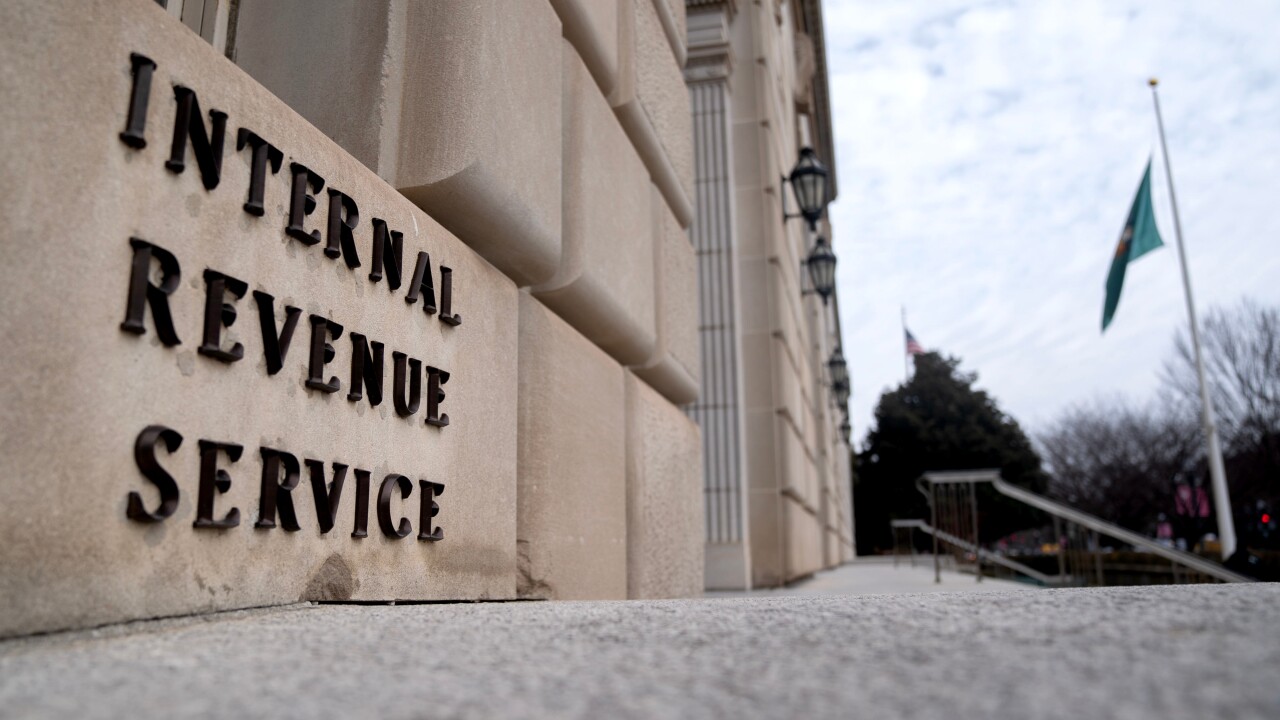The talent shortage is currently the biggest challenge in accounting — as the
We asked the T100: "How would you fix the pipeline problem of too few people entering the profession?" Their responses ranged from better messaging and branding of the job — including the broader opportunities afforded today's CPAs — to better use of supporting technology, to changing CPA licensure requirements, among many other ideas.
(To see the full responses of all the candidates for the Top 100, click

























